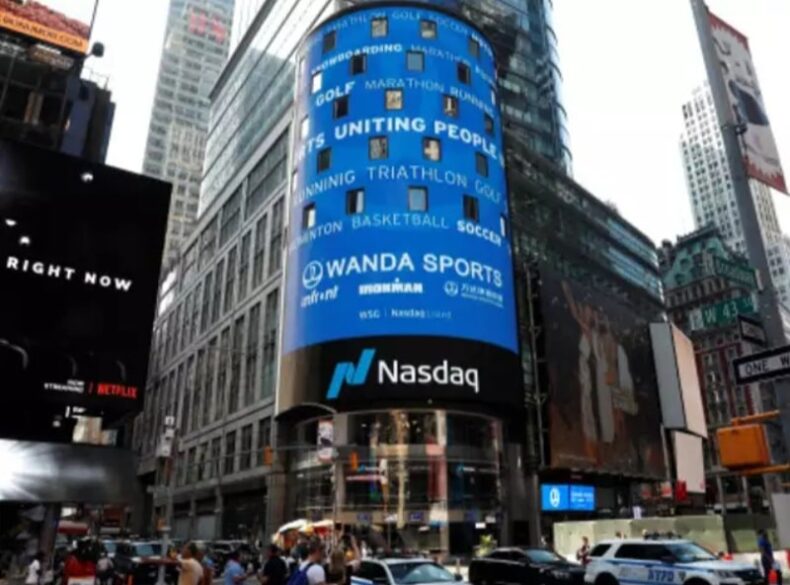
Source : Investopedia
According to attorneys and bankers who work on such stock launches, Nasdaq Inc (NDAQ.O) has halted initial public offering (IPO) preparations of at least four small Chinese companies while it investigates brief price rallies of such firms following their debuts.
The measures of the stock exchange operator coincide with a rise in shares of Chinese businesses that raise modest sums in their initial public offerings (IPOs), usually $50 million or less.
These stocks can increase by as much as 2000% when they first trade, only for their prices to plummet the days afterward, hurting investors who are brave enough to wager on penny stocks.
The Nasdaq has informed Douglas Ellenoff, a corporate and securities lawyer at Ellenoff Grossman & Schole LLP, that some initial public offerings won’t be permitted to proceed “until they determine what has been the aberrational trading activity in certain Chinese issuers earlier this year,” according to Ellenoff.
When we felt the agreements were going some place, Ellenoff added, “These were last-minute phone calls.”In the middle of September, Nasdaq began interviewing the advisors of small Chinese IPO applicants.
One of the bankers, Dan McClory, the head of equity capital markets at Boustead Securities, said that the questions related to the identity of the company’s current shareholders, where they reside, how much they are investing, and whether they have been offered interest-free debt so they can participate.
Under the condition that the identities of the four businesses whose IPOs were suspended not be revealed, the attorneys and bankers spoke to Reuters.
It’s unclear what the Nasdaq will do after its investigation is over and whether all or some of the stalled IPOs will be permitted to proceed.
A spokesperson for Nasdaq declined to respond.
On the condition that neither they nor their clients’ identities be revealed, seven sources who work on the IPOs of tiny Chinese companies talked to Reuters.
According to these sources, a few anonymous offshore buyers bought up the majority of the shares in the offerings, giving the impression that the launches were in high demand and causing the brief price surges.
As a result, data from Dealogic shows that Chinese IPOs in the United States have returned an astounding 426% on average in their first day of trading this year, as opposed to 68% for all other IPOs.
Chinese companies and their overseas bankers have so far been successful in carrying out these pump-and-dump schemes covertly, the Securities and Exchange Commission (SEC) and other U.S. financial regulators have yet to announce a case of successfully prosecuting such schemes, according to the seven sources.
Requests for response from an SEC spokeswoman were not immediately entertained.

LOOPHOLES
With its intervention, Nasdaq has shown that the liquidity guidelines it implemented three years ago to stop stock manipulation in minor IPOs have flaws that Chinese firms are taking advantage of.
According to the regulations, a firm must have at least 300 investors who each own at least 100 shares and have a minimum investment of $2,500.However, certain penny stocks have been subject to trade manipulation, despite these regulations.
Because the former has historically been the location of blazing-hot technology startups – an image these businesses frequently aim to present – small Chinese companies have been drawn to Nasdaq’s exchange rather than the New York Stock Exchange.
According to Jay Ritter, a University of Florida professor who specialises in IPOs, “almost all of these microcap IPOs are’story’ stocks, where the promoters attempt to persuade inexperienced retail investors that this might be the next Moderna or this could be the next Facebook.”
According to Dealogic, there have been 57 listings of small Chinese companies over the past five years, up from 17 listings over the previous five years.
Despite the U.S. IPO market experiencing its worst dry spell in nearly two decades due to market volatility caused by the Federal Reserve raising interest rates to combat inflation, nine such listings have been made so far this year.
According to McClory, the pattern shows how American listing regulations are more lax than those, in China. According to him, it is now practically impossible for these businesses to list in China, and the Hong Kong market has now completely dried up.













